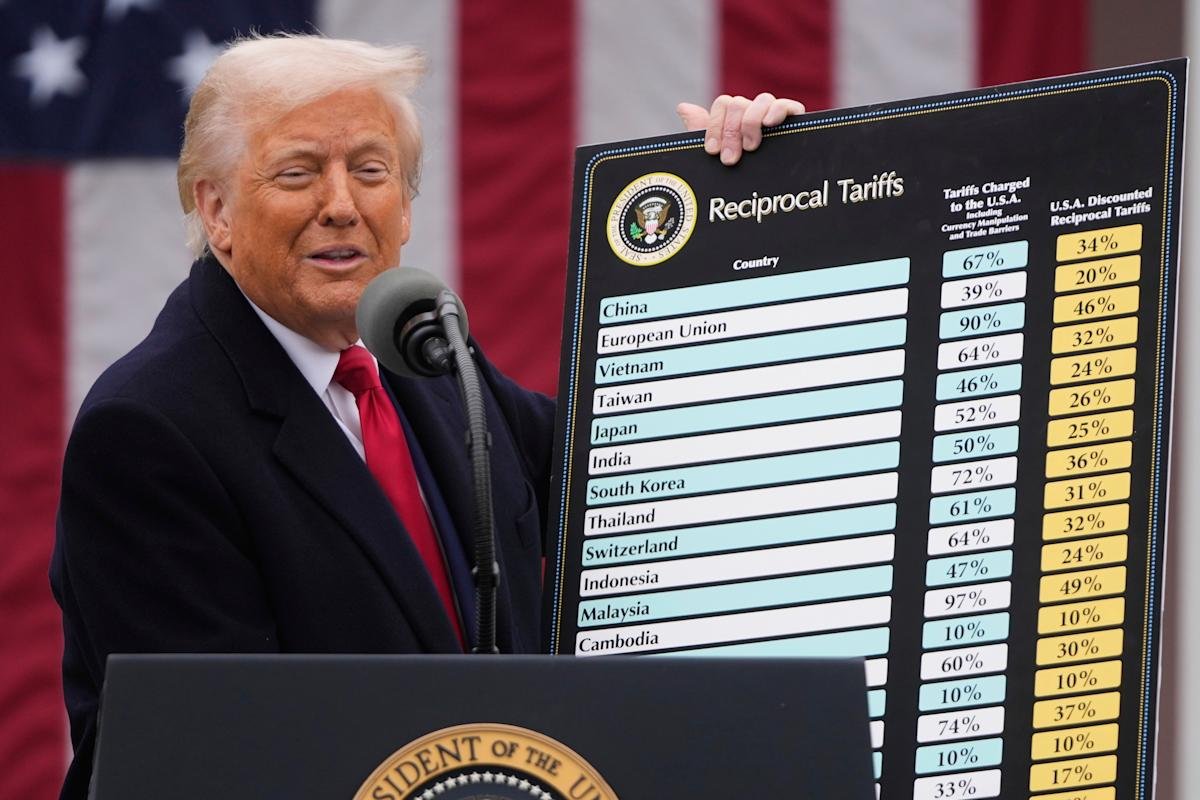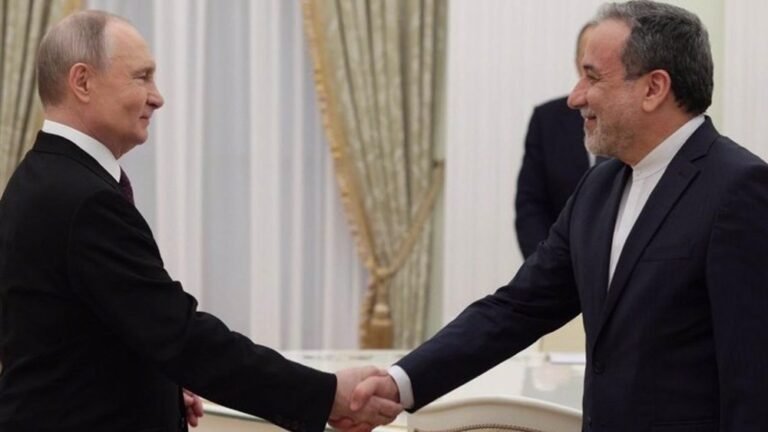During his remarks Wednesday, Fed Chair Powell used the example of cars to illustrate how a one-time supply shock could lead to more persistent inflation.
Powell said that he has heard from CEOs of “significant companies” that uncertainty around importing components “is just a huge issue” right now.
“If you look back at the pandemic,” Powell said, “there was a shortage of semiconductors, and that led to a shortage of cars at a time of extremely high car demand, and it was a prolonged shortage because production couldn’t keep up, and … that led to an extended period of inflation.”
Currently, foreign autos and certain auto parts face a 25% tariff when they enter the US. But higher tariffs on steel, aluminum, and many of the US’s trading partners also could affect auto production. According to a White House fact sheet, between 50% and 60% of US-made cars have content sourced from abroad.
Powell continued, “In this case, you can look at the car companies — which their supply chains likely seem to be on track to be disrupted significantly — and you would worry that that process will take some years, and that the inflationary process might be extended.”
Waiting until more of these trade policies and economic effects are more well known is why the Federal Reserve is waiting on policy changes, Powell stated.











